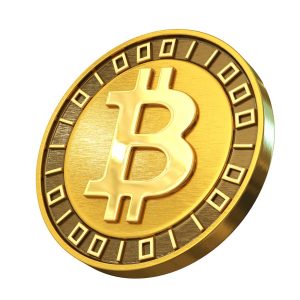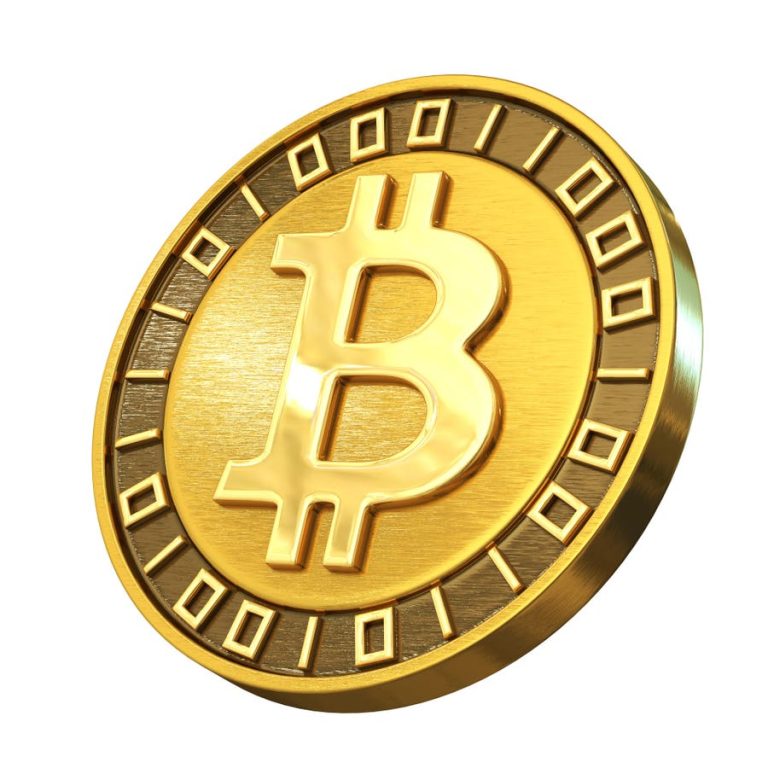JPMorgan Chase, the largest bank in the U.S., is doubling down on its bet on the crypto space by launching its own eponymous token, further blurring the lines between commercial banking and the crypto industry.
The bank announced on Tuesday that it would be piloting the new digital currency called JPMD in the coming days, in partnership with crypto exchange Coinbase. Rather than a stablecoin, as some were expecting, JPMD will be a deposit token—a digital representation of a bank deposit that is managed with blockchain technology. The company filed a trademark for “JPMD” over the weekend.
High Yield Savings Offers
“This pilot combines the credibility of both JPMorgan and Base to help bring institutional money into a more global economy,” Jesse Pollack, VP of engineering at Coinbase, said in a statement.
The token will be used to settle transfers around the clock and make cross-border business-to-business payments on Base, Naveen Mallela, global co-head of JPMorgan Chase’s blockchain division, Kinexys, told Fortune. “We have always believed in having a token-based solution on public blockchains,” he said.
The bank plans to issue JPMD on Base, a public Ethereum-based blockchain managed by Coinbase. It will be exclusively available to JPMorgan’s institutional clients, which include corporations and pension funds, according to Mallela. However, JPMorgan plans to expand the use of its JPMD token to more institutional clients over the next few months.
JPMorgan’s decision to create a deposit token instead of a stablecoin is a noteworthy break in an otherwise new corporate trend, and allows the bank to stand out in a crowded field.
Several major companies including Meta and Google have recently expressed interest in incorporating stablecoins into their payment structures, likely because the cryptocurrency—which is backed 1:1 to the U.S. dollar—is considered more stable than other forms of crypto like Bitcoin.
JPMorgan chose to launch a deposit token, rather than a stablecoin, because of its different use cases, Mallela said. Stablecoins, such as Tether’s USDT and Circle’s USDC, are primarily used by retail clients for crypto trading, remittances, and as a store of value, and are managed by crypto companies, he says. Deposit tokens, on the other hand, are more suitable for institutional clients because they are issued by a licensed bank, making them better integrated into existing institutional financial systems.
“Institutional clients can treat JPMD as bank deposits on their balance sheet, providing certainty around financial and accounting treatment,” Mallela said.










